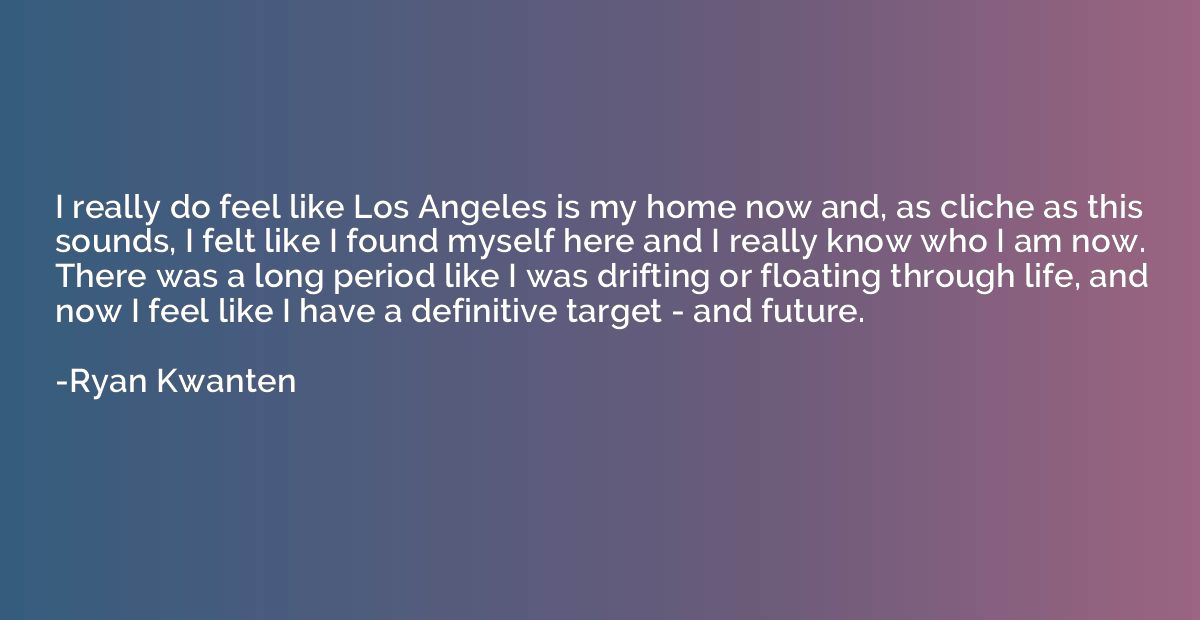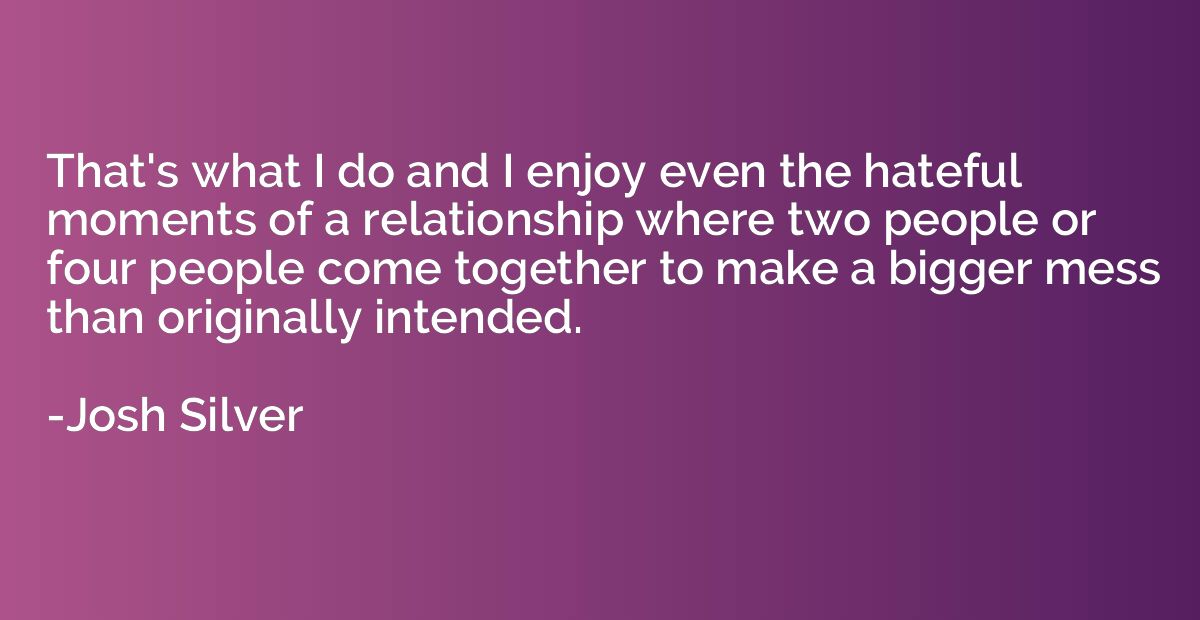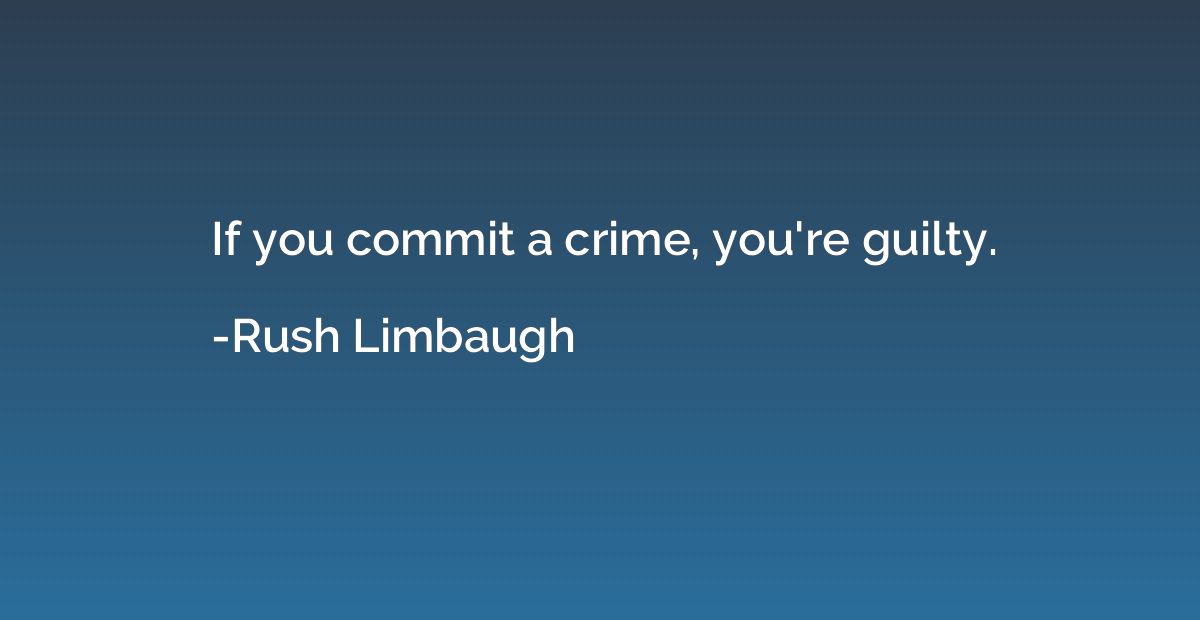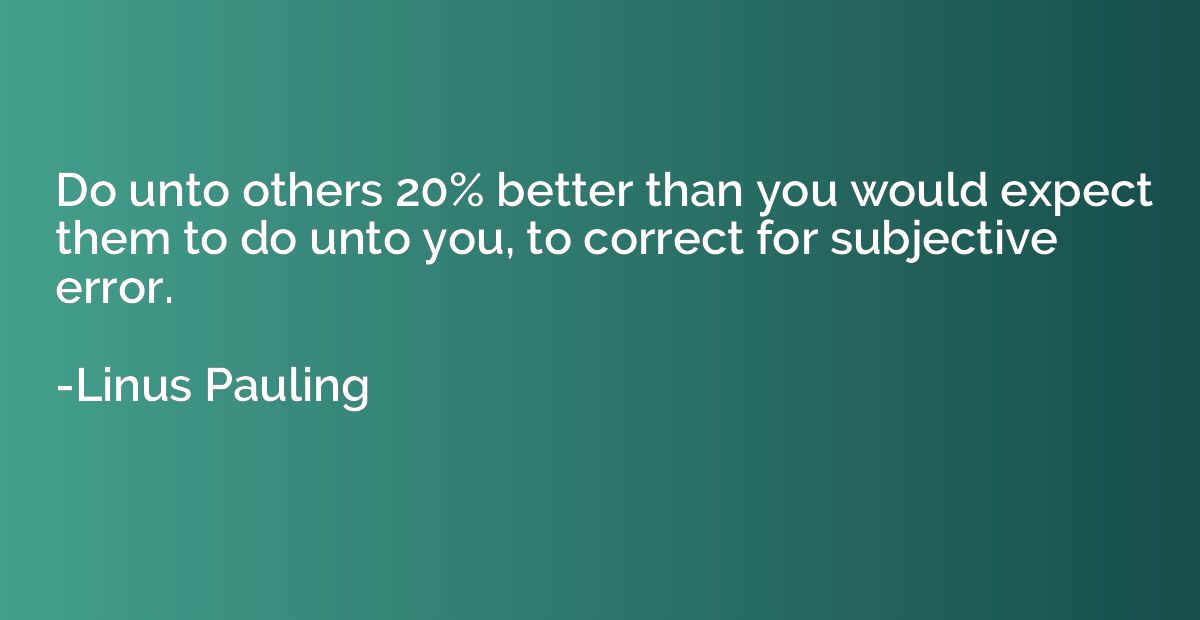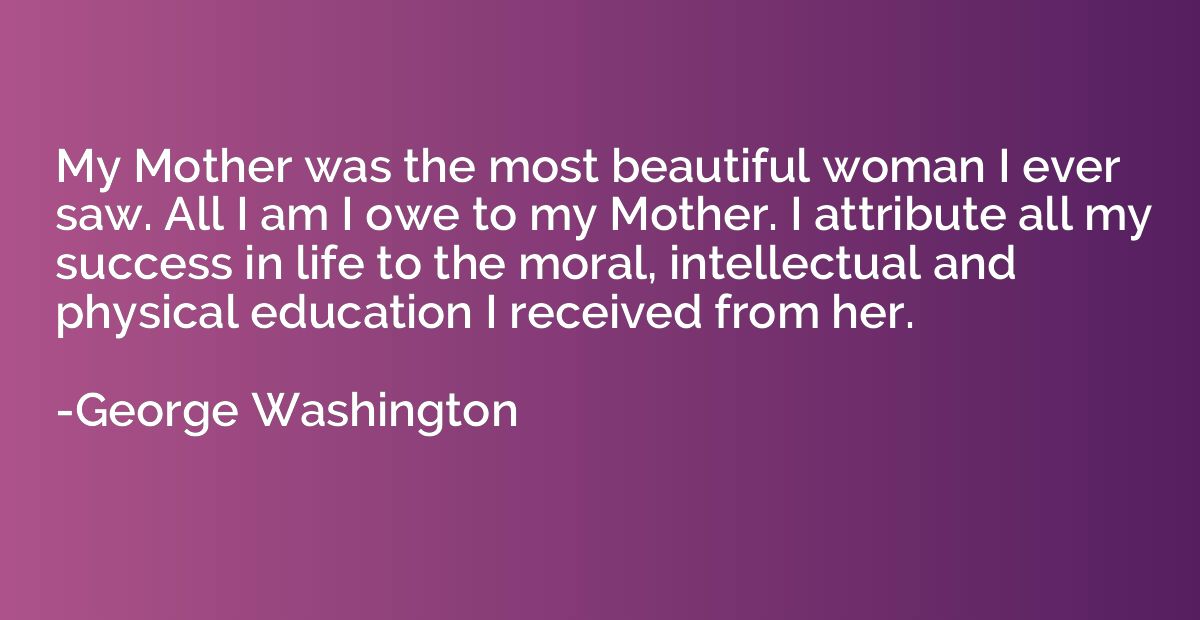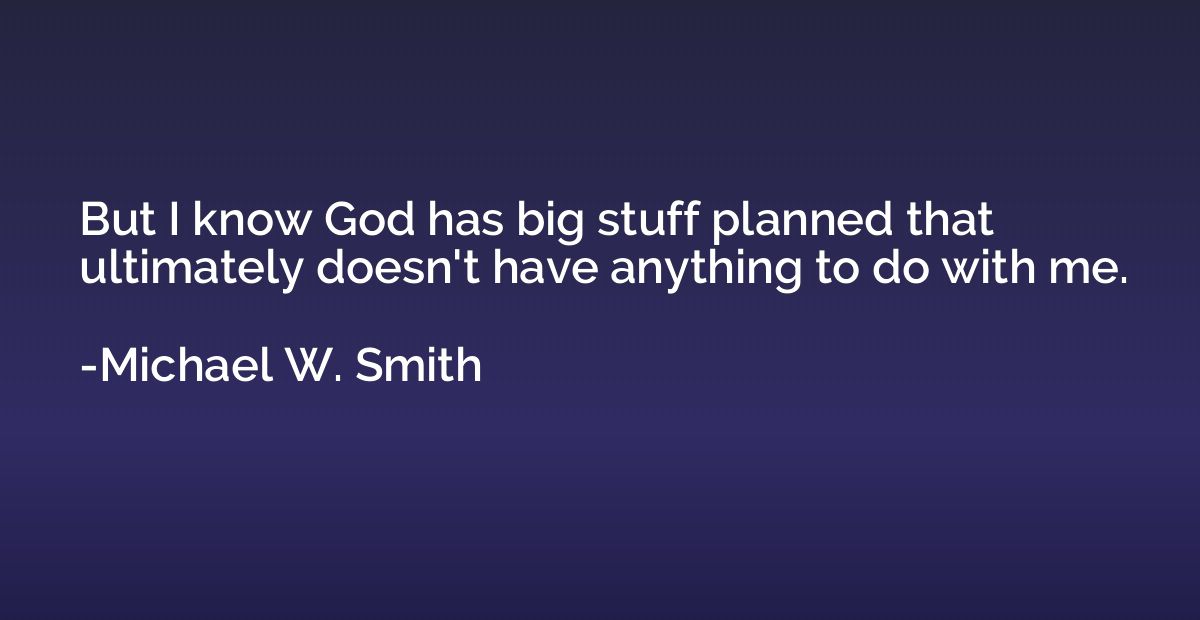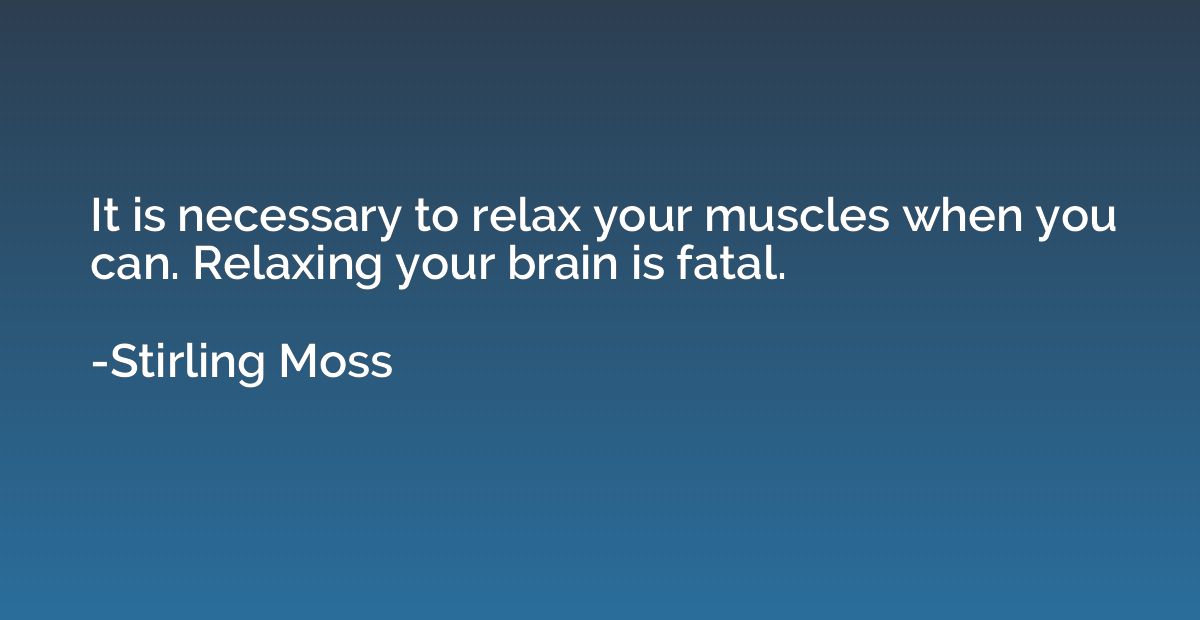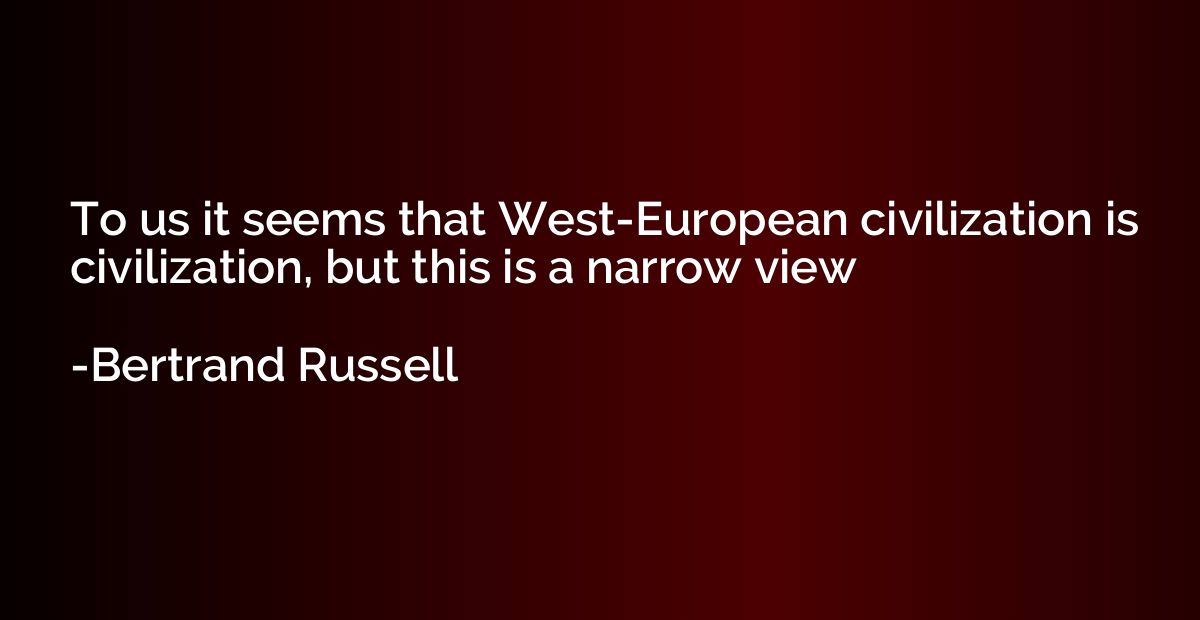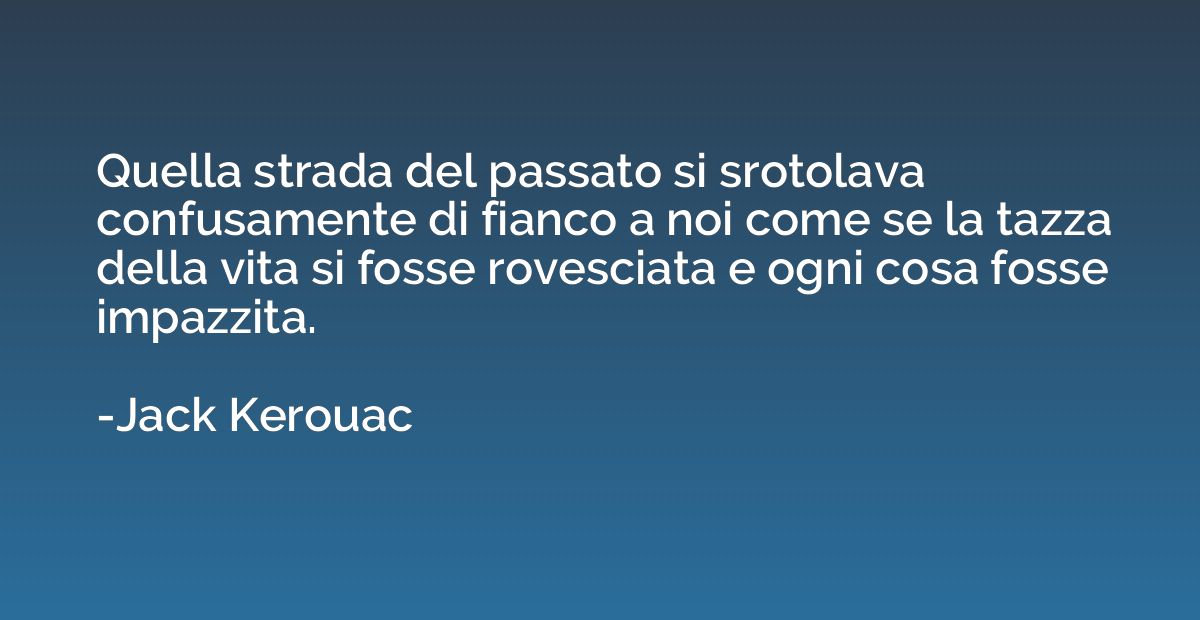Quote by Friedrich Nietzsche
We find nothing easier than being wise, patient, superior. We drip with the oil of forbearance and sympathy, we are absurdly just, we forgive everything. For that very reason we ought to discipline ourselves a little; for that very reason we ought to cultivate a little emotion, a little emotional vice, from time to time. It may be hard for us; and among ourselves we may perhaps laugh at the appearance we thus present. But what of that! We no longer have any other mode of self-overcoming available to us: this is our asceticism, our penance.
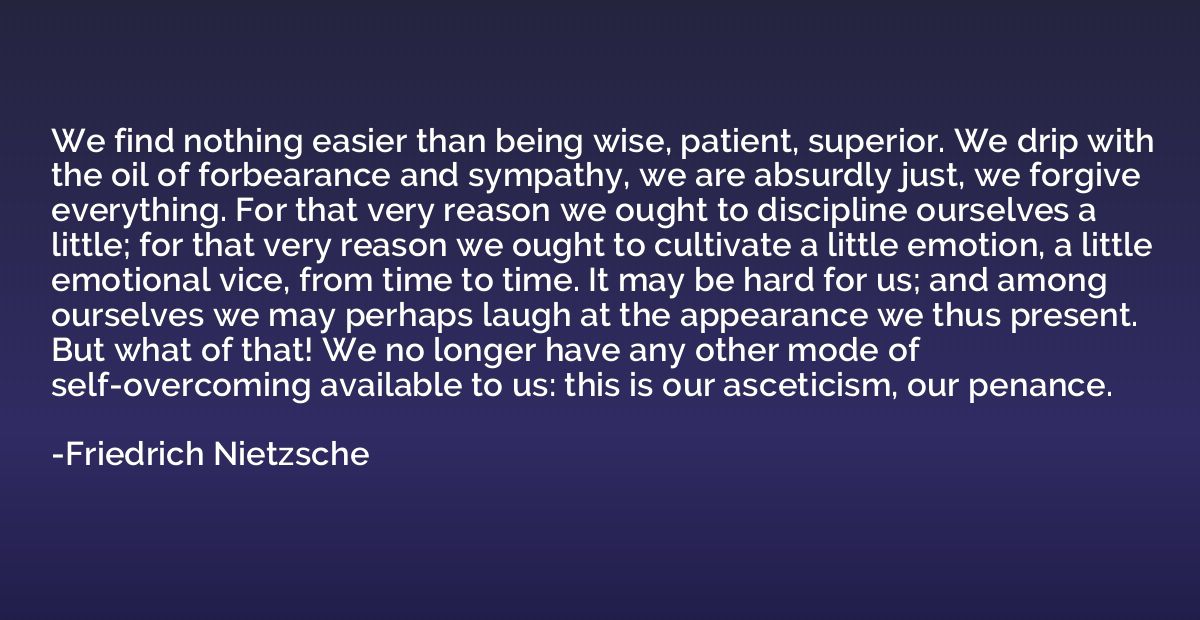
Summary
The quote suggests that it is natural for individuals to present themselves as wise, patient, and superior, overflowing with forbearance, sympathy, and forgiveness. However, the speaker argues that it is essential to practice self-discipline and provoke certain emotional reactions occasionally, even if it seems absurd or laughable to others. This act of cultivating emotional vices becomes their neccessary means of self-improvement and penance, serving as their unique form of asceticism.




